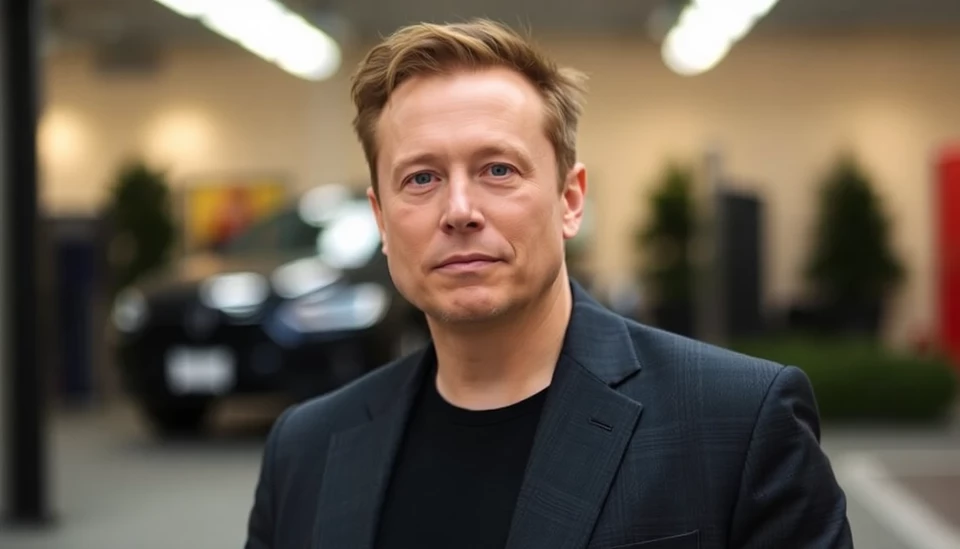
In a striking commentary, Germany's Vice Chancellor and Minister for Economic Affairs and Climate Action, Robert Habeck, weighed in on remarks made by tech mogul Elon Musk, particularly those concerning the German automotive industry. Habeck asserted that Musk's recent statements reflect underlying insecurities and fears regarding the changing landscape of the automobile market.
Habeck's criticism came in the wake of Musk's comments that suggested the German automotive sector was at a crossroads, potentially showcasing vulnerabilities in the face of growing global competition and technological advances. The Vice Chancellor emphasized that Musk's opinions should be taken with a grain of caution, suggesting that they may stem from a position of concern about Tesla's standing, especially as Europe continues to strengthen its commitment to electric vehicles (EVs) and sustainable energy practices.
Furthermore, Habeck highlighted the advancements made by German car manufacturers, pointing to their investments in electric mobility and efforts to transition towards greener technologies. He articulated that Germany remains a global leader in automotive excellence and innovation, emphasizing the nation's dedication to not only keeping pace with but also leading the charge in sustainable transport solutions.
The remarks ignited conversation around the fierce competition in the automotive industry, particularly noting how traditional manufacturers are adapting in response to Tesla's market presence. Many experts agree that Tesla has undeniably transformed the landscape of electric vehicles, prompting legacy brands to accelerate their electrification strategies. However, Habeck's defense of the traditional automotive powerhouses underscores the complex dynamics at play as legacy manufacturers pivot towards electrification.
In the broader context, Habeck's comments reflect a growing sentiment among European leaders regarding the need to not only compete with American tech giants but also to foster collaboration within the continent to bolster its own automotive strength. This dialogue is crucial as the industry navigates through supply chain disruptions and regulatory challenges while aiming to meet ambitious climate goals set by the European Union.
As the EV market continues to evolve, it remains to be seen how companies like Tesla will adapt to the renewed vigor of competitors like Volkswagen, BMW, and Mercedes-Benz. The ramifications of this rivalry and the sentiments expressed by figures like Habeck will undoubtedly influence industry strategies in the coming years.
In conclusion, the interaction between Habeck's comments and Musk's assertions serves as a reminder of the ongoing evolution within the global automotive landscape, highlighting both the challenges facing legacy automakers and the anxieties of pioneering leaders in the tech space.
#Germany #ElonMusk #RobertHabeck #AutomotiveIndustry #ElectricVehicles #Sustainability #Innovation #Competition #EVmarket
Author: Daniel Foster




